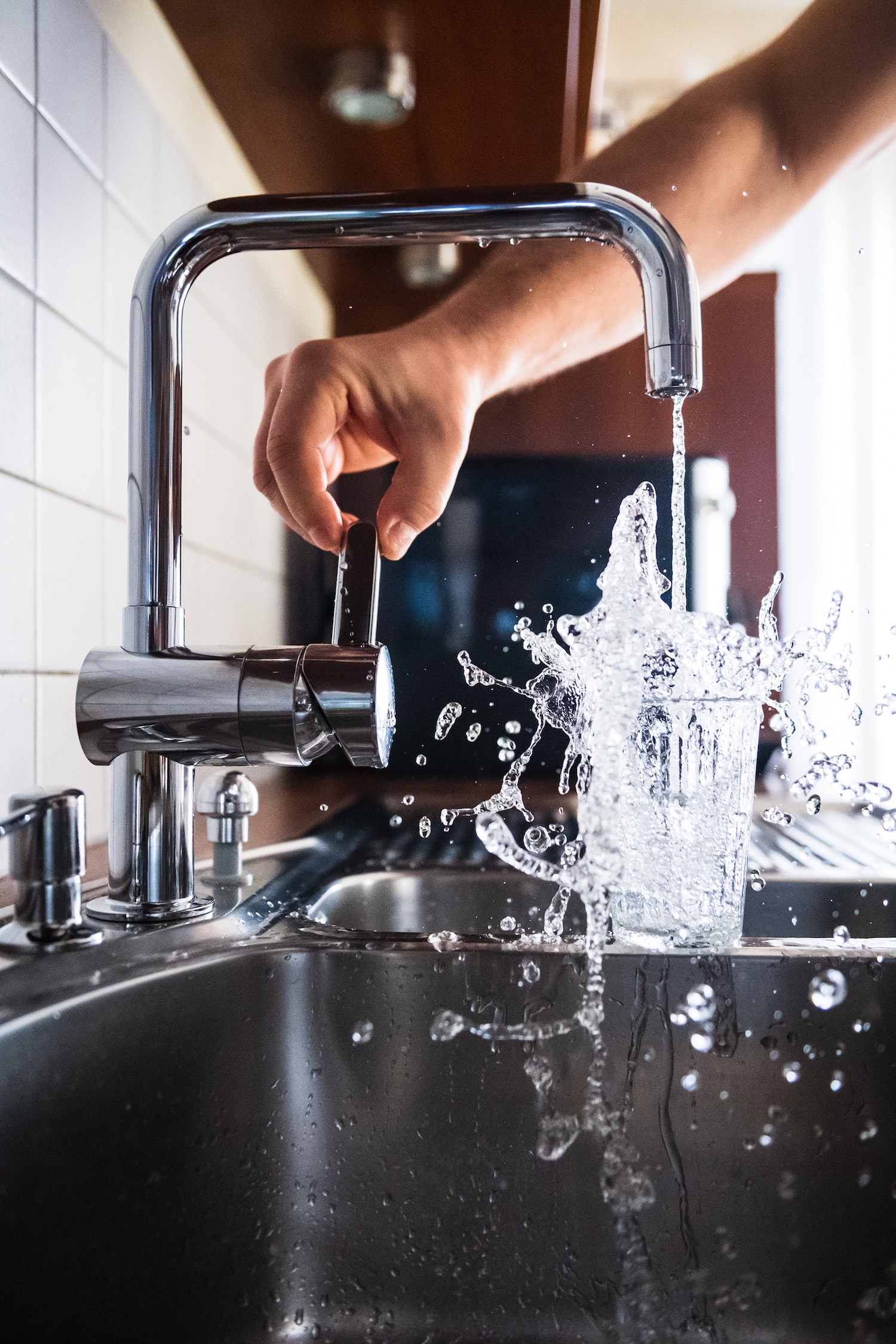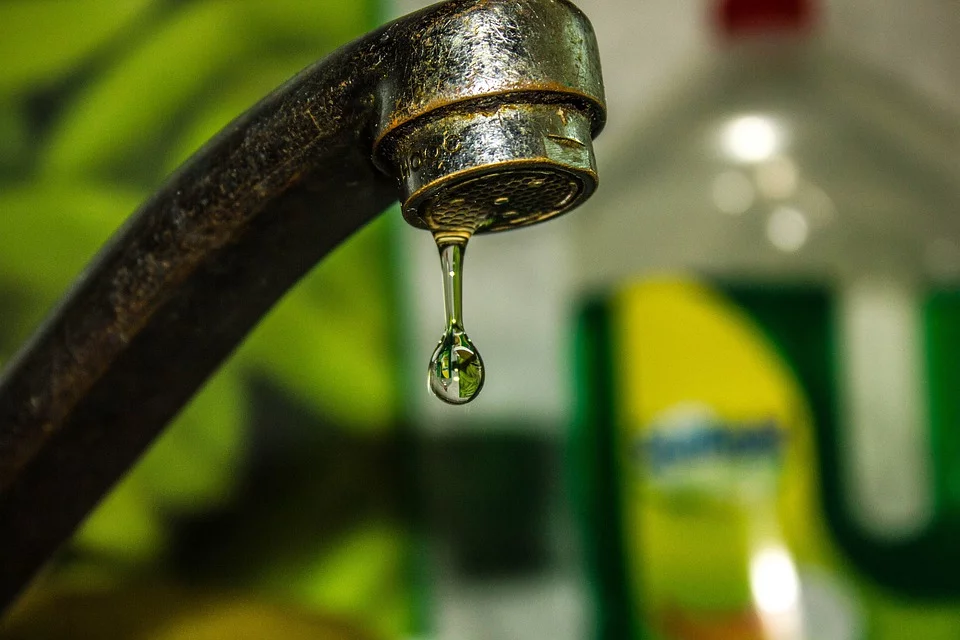They are making a few great annotation on Winterizing Your Pipes overall in this content just below.

All homeowners who reside in pleasant environments must do their finest to winterize their pipes. It is something you should do throughout fall before deep winter genuinely begins. Failing to do so can lead to disaster like icy, broken, or burst pipes. Right here are some helpful winterizing hacks to maintain your plumbing system protected even if the weather condition outside is terrible.
Switch on the Faucets
When the temperature level decreases and also it appears as if the icy temperature will last, it will certainly help to switch on your water both inside and outdoors. This will keep the water flowing via your plumbing systems. In addition, the activity will certainly reduce the cold process. Significantly, there's no need to transform it on full force. You'll wind up squandering gallons of water in this manner. Rather, aim for concerning 5 declines per min.
Open Cupboard Doors Hiding Plumbing
When it's chilly outside, it would be useful to open up closet doors that are camouflaging your pipes. Doing this little method can keep your pipelines warm and limit the possibly unsafe results of freezing temperature levels.
Require Time to Wrap Exposed Pipeline
One simple and cool hack to heat up cold pipelines is to wrap them with warm towels. You can also use pre-soaked towels in warm water, just don't neglect to wear protective handwear covers to secure your hands from the warmth.
Try a Hair Dryer or Warm Gun
When your pipelines are practically freezing, your dependable hair clothes dryer or warmth gun is a blessing. Bowling warm air directly into them may aid if the hot towels do not assist displace any type of settling ice in your pipelines. Do not use other items that create straight flames like an impact torch. This can lead to a larger disaster that you can not control. You might wind up damaging your pipelines while trying to thaw the ice. And over time, you might even end up burning your house. So be careful!
Turn off Water When Pipes are Frozen
Switch off the main water shutoff right away if you see that your pipes are completely frozen or virtually nearing that stage. You will normally find this in your cellar or utility room near the heating unit or the front wall surface closest to the street. Turn it off as soon as possible to prevent more damages.
Don't fail to remember to shut exterior water resources, too, such as your hookup for the garden home. Doing this will certainly protect against extra water from filling out your plumbing system. With more water, even more ice will stack up, which will eventually lead to burst pipes. It is best to call a professional plumber for an evaluation if you are not sure regarding the state of your pipes this winter. Taking this aggressive approach can save you thousands of dollars out of commission.
All property owners who live in warm climates should do their best to winterize their pipelines. Failure to do so can lead to catastrophe like icy, fractured, or ruptured pipelines. If the warm towels do not aid remove any type of resolving ice in your pipelines, bowling hot air straight right into them might assist. Turn off the primary water shutoff quickly if you notice that your pipelines are totally icy or almost nearing that phase. With even more water, more ice will stack up, which will at some point lead to rupture pipes.
PREVENT YOUR PIPES FROM FREEZING THIS WINTER
A Leading Cause of Property Damage
When the weather is taking a deep nose dive into the cold dreary days, the risk of your pipes freezing and potentially bursting skyrockets. Unfortunately, during these cold dreary months, burst pipes are the most common denominator for property damage. The pipes that are most at the risk are those that are in areas where it is most cold in your home. For instance, pipes located in interior places such as basements, attics, and your garage. Unfortunately, that doesn’t mean that the pipes running through your cabinets or exterior walls can’t freeze. Good news, however, is that you can do things to help prevent pipes from freezing.
How to Prevent Pipes From Freezing
Once the temperature starts to drop during the winter, you should be taking the proper measures needed to ensure that your pipes stay warm and that there is circulation of water through them. Some steps that experts may recommend could go against your better judgement when it comes to saving water and heat. However, it would go without saying that when expenses are compared, damaged pipes could put a bigger dent in your wallet than a water bill.
What Can I Do?
Keep your garage door closed. This is very important, especially if you have water supply lines running through your garage. Open your kitchen and bathroom cabinets to allow warm air to circulate through them. Allow air circulation throughout your home. Keeping the interior doors open will once again allow the warm air to circulate inside your home. Ensure your thermostat is running the same temperature throughout the night and day. If you plan to be away from home during the cold months, set your temperature no lower than 55° F. This should provide enough heat to keep the pipes warm and prevent any remaining water inside the pipes from freezing. For more of a long-term solution, add insulation to attics, basement, and other crawl spaces around your home. By allowing your faucet to drip, it will alleviate pressure in the system. This is important because the pressure that is created between the blockage and the faucet can potentially cause the pipes to burst. Allowing the faucet to drip will prevent the pressure from building up, therefore keeping the pipes from bursting. Seal any cracks, openings, and crawl spaces around your home to prevent cold air from coming inside. This keeps your pipes-not to mention your home-warmer and less susceptible to issues caused by freezing temperatures. For the pipes in your home that are easily accessible, applying electrical tape to them might prevent them from freezing over. This is a quick fix, as you can apply the tape directly to the pipe. There are two options for heating tapes. One turns on and off by itself when it senses heat is needed. The other type of heating tape needs to be applied when heat is needed and removed when not necessary. If you have exposed pipes in your home, you can check this website to take a look at a few options that would be available at a shop near you.

We had been introduced to that editorial about How to stop pipes from freezing during the winter through a friend on our other domain. Sharing is caring. Helping people is fun. We enjoy reading our article about How to Prevent Frozen Pipes.
Book